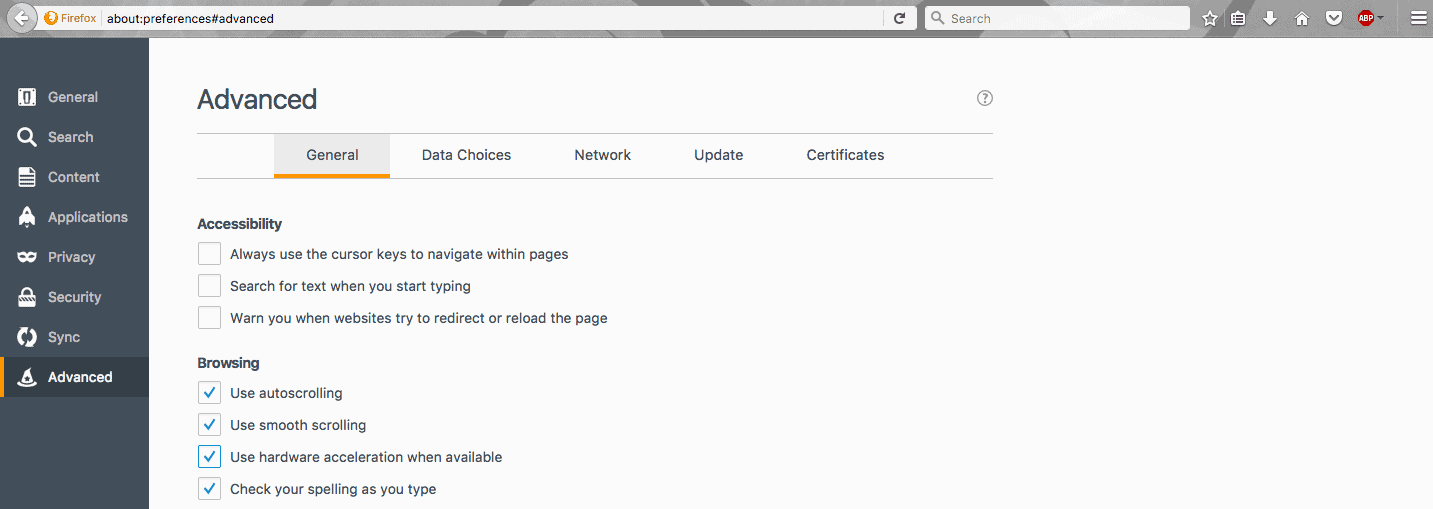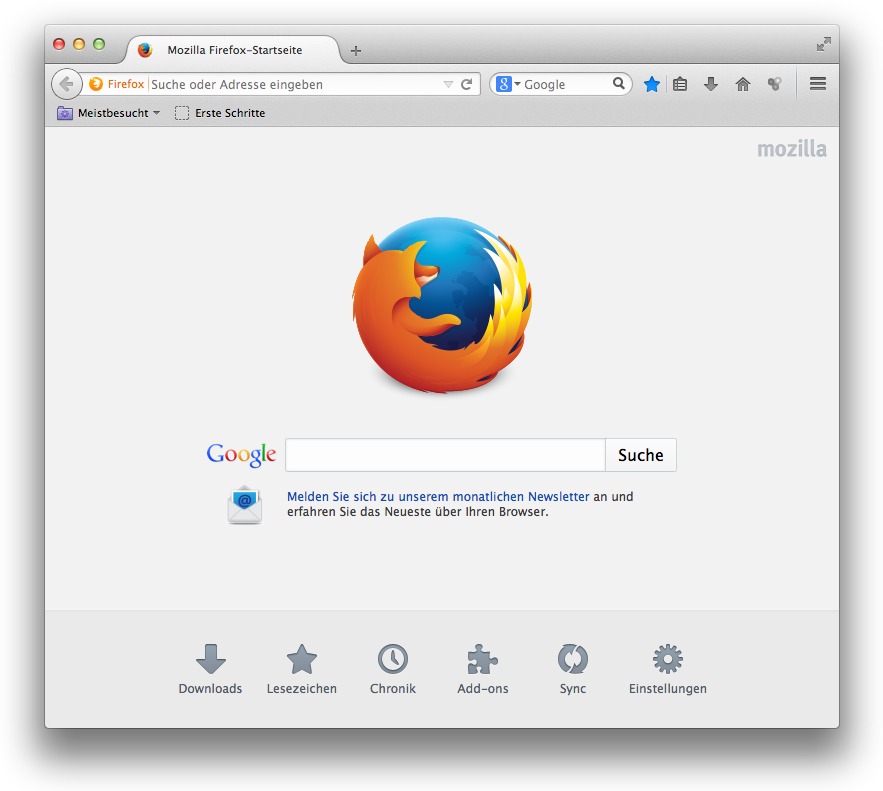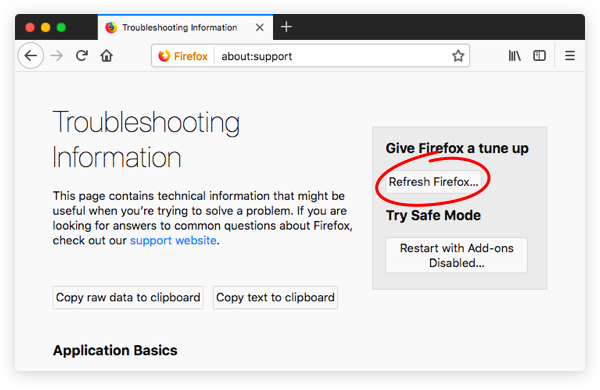

REMOVE REDUNDANT SOFTWARE: Delete the programs and documents or move them to storage.Don’t forget to delete all unnecessary files in the “Download” folder. CLEAN-UP: Look at the desktop and remove the shortcuts for any programs and documents that you’re no longer being using.Under Browsing, click to clear the Enable third-party browser extensions (requires restart) check box. BHO’s: Internet Explorer – Close all instances of Internet Explorer, click Start, point to Settings, and then click Control Panel.Also let the client know that ideally, they would want to turn off the MACs at least once a week. Look through the items and remove anything that you don’t need to start automatically. Start up: Click on System Preferences, then Users & Accounts, select the Login tab.Verify the default schedule is set to do this automatically after hours. Do this by opening up the disk optimization tool-search for Defrag, then select the HDD and click analyze. DEFRAGMENT HDD: Defrag the HDD (you don’t need to defrag an SSD).

After removal, run CCleaner and scan registry to remove any abandoned keys. REMOVE REDUNDANT SOFTWARE: Remove any unused or redundant software.In addition, you can use CCleaner which will also clean up unused registry keys.
#OPTIMIZE FIREFOX FOR MAC WINDOWS#
#OPTIMIZE FIREFOX FOR MAC WINDOWS 10#
OS Special Effects: Disable any Windows 10 special effects.Find the add-on you want to disable and click its Disable. Disable the Extensions or Plugins one by one until the issue experienced no longer occurs. Click Extensions to view the installed extensions or click Plugins to view plugins installed for your browser. BHO’s: Firefox – Click the menu icon “≡” at the top left-hand corner of the browser window and choose Add-ons.Click the Disable link under the plugin you want to disable. Enter chrome://plugins in Chrome’s address bar to view plugins installed for your browser. Uncheck Enabled to disable an extension or lick the trash can icon next to the extension you want to delete. BHO’s: Chrome – Click the menu icon “≡” at the top right of the browser window, choose More tools and choose Extensions to open the Extensions.Windows 8+: Ctrl-Alt-Del then Startup Tab.

Windows 7: Windows-r then CMD then type “msconfig”.


 0 kommentar(er)
0 kommentar(er)
